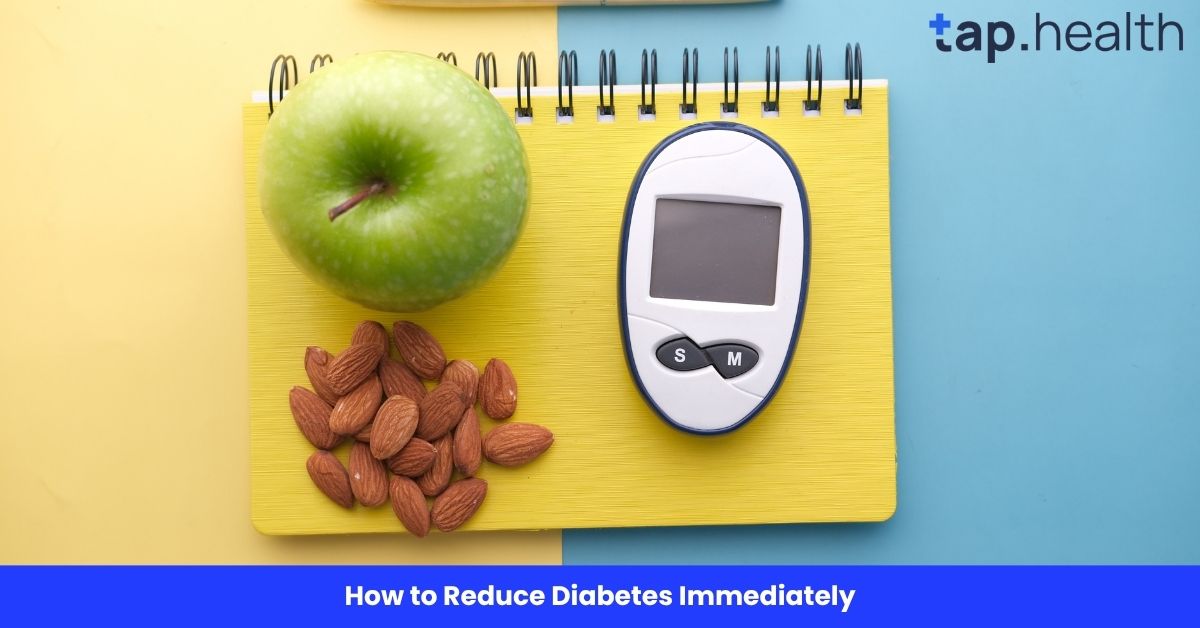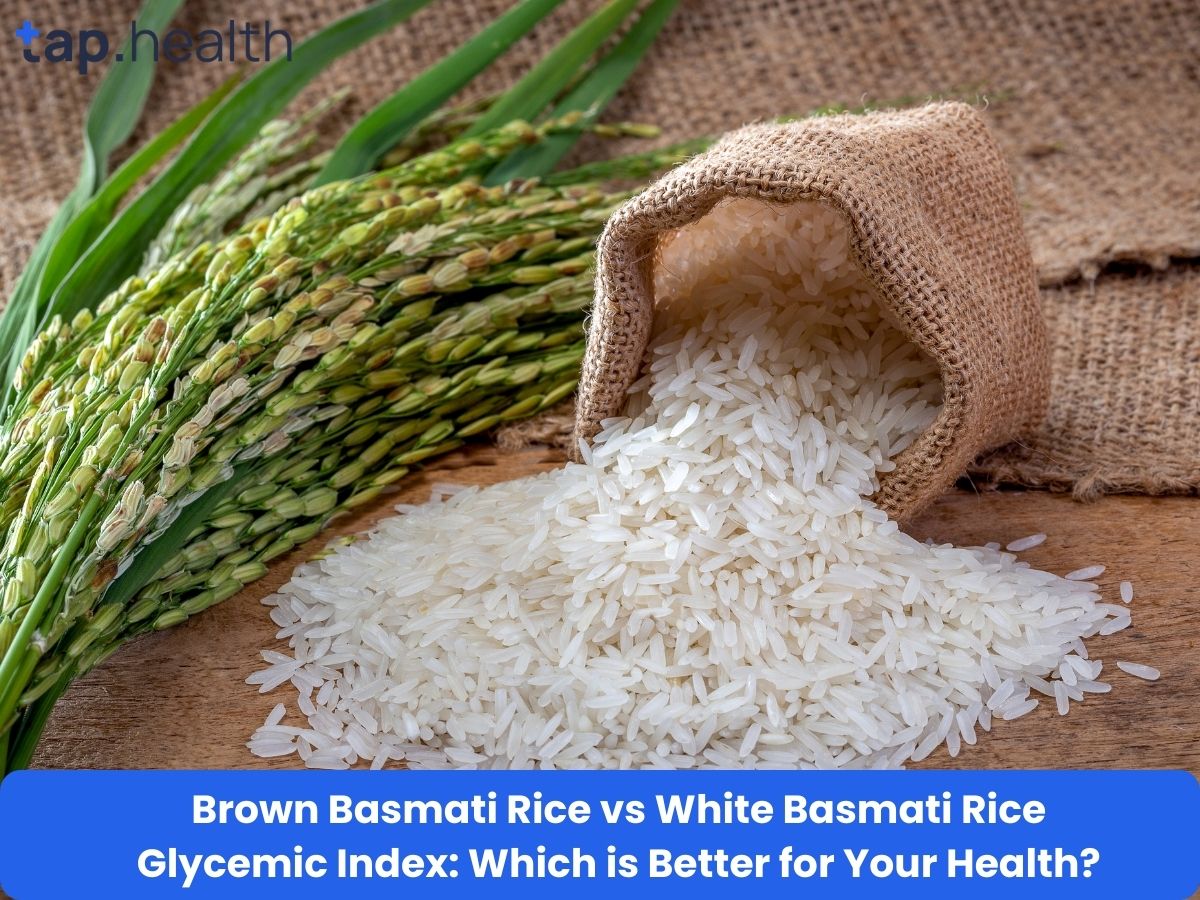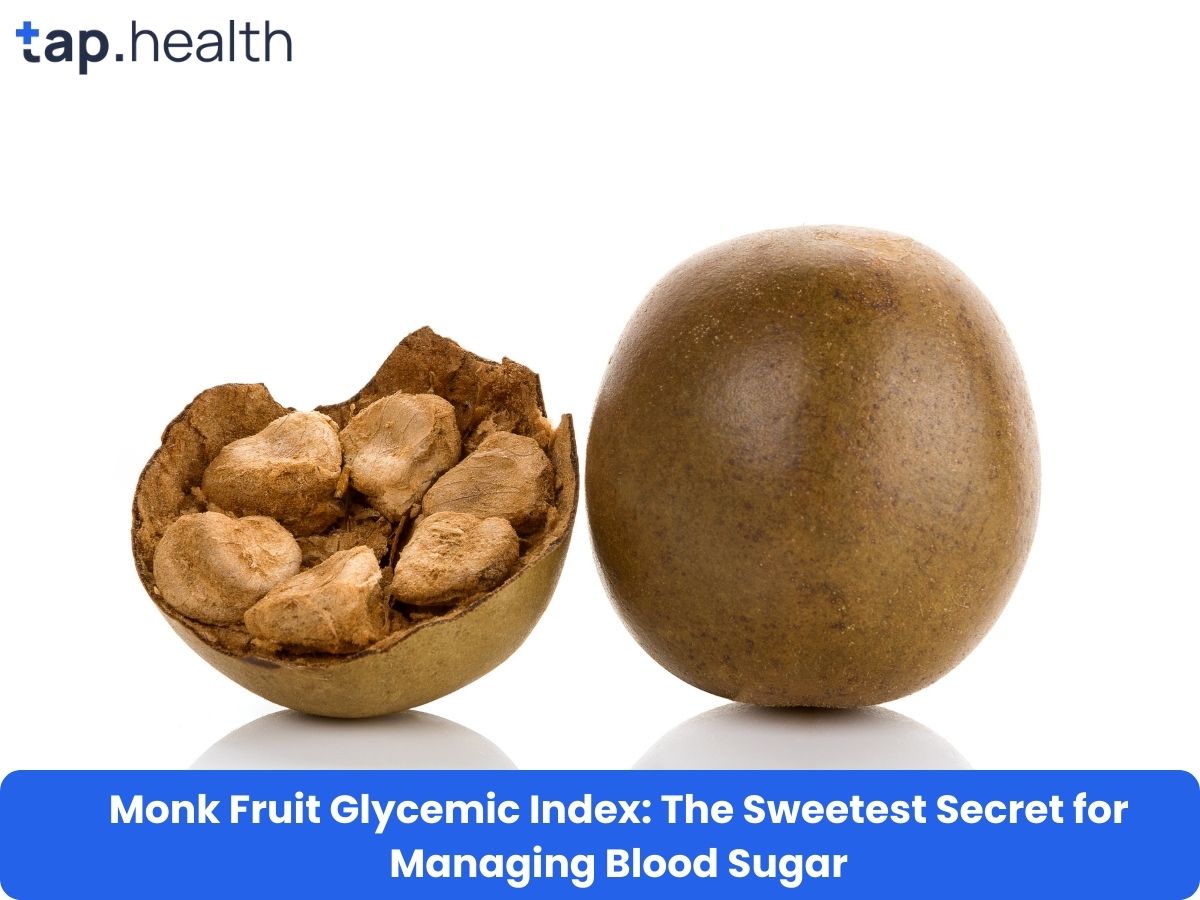Diabetes is a chronic condition that affects millions of people worldwide. It occurs when the body cannot properly regulate blood sugar (glucose) levels, leading to high blood sugar, which can result in various health complications. While diabetes requires long-term management, sometimes you may need to reduce blood sugar levels quickly, especially in emergency situations.
In this blog, we’ll explore effective and immediate strategies for reducing blood sugar levels. Whether you have Type 1 or Type 2 diabetes, these tips can help you regain control of your health and prevent immediate complications. We will also provide insights into how lifestyle changes can make a long-term difference in managing diabetes.
What is Diabetes?
Before diving into how to reduce diabetes immediately, it’s important to understand what diabetes is and how it affects the body. Diabetes occurs when the body’s ability to produce or respond to insulin (a hormone that helps regulate blood sugar levels) is impaired. There are two main types of diabetes:
- Type 1 Diabetes: In this type, the body’s immune system attacks and destroys the insulin-producing cells in the pancreas, leading to little or no insulin production. People with Type 1 diabetes need insulin injections to manage their blood sugar levels.
- Type 2 Diabetes: This is the more common form of diabetes, where the body either becomes resistant to insulin or doesn’t produce enough insulin. Type 2 diabetes is often linked to lifestyle factors like poor diet, lack of exercise, and obesity.
Regardless of the type, if left uncontrolled, diabetes can lead to complications such as nerve damage, kidney problems, heart disease, and even vision loss. For this reason, it’s crucial to manage blood sugar levels consistently.
Immediate Ways to Lower Blood Sugar
Sometimes, you may need to reduce high blood sugar levels urgently, especially if you are experiencing symptoms of hyperglycemia (high blood sugar), such as frequent urination, excessive thirst, fatigue, and blurred vision. Here are some quick and effective strategies to reduce diabetes immediately:
1. Exercise or Physical Activity
One of the fastest ways to lower blood sugar is through exercise. Physical activity helps the body use insulin more effectively and facilitates the absorption of glucose into the cells.
- How it works: When you exercise, your muscles use glucose for energy, which helps lower blood sugar levels. It also improves insulin sensitivity, which means your body can use insulin more effectively in the long run.
- Quick Exercise Options: If your blood sugar is high, consider taking a brisk walk, cycling, or even performing light strength training. Aim for at least 30 minutes of moderate activity to see a reduction in blood sugar levels.
Important Tip:
If you are experiencing extremely high blood sugar (over 250 mg/dL), check your ketone levels before exercising. If you have ketones in your urine, exercise may not be safe until your blood sugar is under control.
2. Drink Plenty of Water
Dehydration can make blood sugar levels rise, so staying hydrated is an essential step in managing diabetes. Drinking water helps flush out excess sugar through urine.
- How it works: When your body is dehydrated, it can cause high blood sugar levels to rise. Drinking water helps rehydrate the body and lower blood sugar by diluting glucose in the bloodstream.
- Quick Tip: Aim to drink 1 to 2 glasses of water immediately if you’re experiencing elevated blood sugar. You can also add a pinch of salt to your water to restore electrolytes if needed.
3. Consume Apple Cider Vinegar
Apple cider vinegar (ACV) has been shown to help lower blood sugar levels. The acetic acid in ACV can help improve insulin sensitivity and reduce blood sugar after meals.
- How it works: ACV helps improve insulin sensitivity, which can assist in lowering blood sugar levels. It also slows the digestion of starches, preventing spikes in blood sugar.
- Quick Tip: Mix 1 to 2 tablespoons of apple cider vinegar in a glass of water and drink it before or after meals. However, be sure to dilute it to avoid damage to your teeth or throat.
4. Take Medications as Prescribed
If your blood sugar levels are high, and you’re on diabetes medication, taking your prescribed medications immediately is one of the fastest ways to bring down your blood sugar levels.
- How it works: Medications such as insulin or oral diabetes drugs help regulate blood sugar by either promoting insulin production or improving the body’s response to insulin. If you’re on insulin therapy, injecting insulin will lower your blood sugar quickly.
- Quick Tip: If you’re unsure whether to take your medication due to low blood sugar, consult with your healthcare provider or a medical professional before proceeding.
5. Eat Foods That Lower Blood Sugar
Certain foods have a positive effect on blood sugar levels. If your blood sugar is elevated, choosing foods that are low in glycemic index (GI) and high in fibre can help bring it down quickly.
- How it works: Low-GI foods are digested more slowly, which helps prevent blood sugar spikes. Foods that are high in fibre, such as vegetables, whole grains, and legumes, help slow the absorption of glucose into the bloodstream.
- Quick Food Options:
- Leafy greens like spinach and kale
- Berries (low in sugar)
- Cinnamon (which may help improve insulin sensitivity)
- Nuts (especially almonds and walnuts)
6. Reduce Stress
Stress triggers the release of cortisol, a hormone that can raise blood sugar levels. By reducing stress, you can effectively lower your blood sugar in the short term.
- How it works: Stress causes your body to release stress hormones like cortisol, which can make it harder for insulin to do its job. Reducing stress helps lower cortisol levels and prevent spikes in blood sugar.
- Quick Stress-Relief Tips:
- Practice deep breathing exercises
- Try meditation or mindfulness
- Take a short walk in a quiet place to calm down
7. Increase Your Fiber Intake
Eating high-fibre foods can help slow the absorption of glucose into the bloodstream, preventing rapid blood sugar spikes.
- How it works: Fibre helps slow down the digestion process and glucose absorption, which helps keep blood sugar levels stable.
- Quick Fiber Options: Consider adding foods like oats, lentils, chia seeds, and vegetables (like broccoli and carrots) to your diet. You can also try psyllium husk, which is high in soluble fibre.
Long-Term Strategies to Keep Blood Sugar in Control
While immediate actions are helpful in managing high blood sugar, long-term lifestyle changes are essential to keeping your blood sugar levels in check. Here are some strategies you can incorporate into your daily life:
1. Follow a Balanced Diet
A healthy, balanced diet is key to managing diabetes. Focus on foods with a low glycemic index, high fibre content, and healthy fats.
- What to Eat:
- Whole grains like brown rice, quinoa, and oats
- Non-starchy vegetables like spinach, cucumbers, and tomatoes
- Lean proteins such as chicken, fish, and tofu
- Healthy fats from avocados, nuts, and olive oil
2. Exercise Regularly
Exercise improves insulin sensitivity and helps your body use glucose for energy more efficiently. Aim for at least 150 minutes of moderate-intensity exercise per week, such as brisk walking, swimming, or cycling.
3. Monitor Your Blood Sugar Levels
Regular monitoring helps you stay on top of your blood sugar levels. By tracking your levels throughout the day, you can make necessary adjustments to your diet, exercise, or medication regimen.
4. Manage Stress
Chronic stress can affect your blood sugar levels, so it’s essential to develop healthy coping strategies. Regularly practicing relaxation techniques can help you manage stress more effectively.
5. Get Enough Sleep
Quality sleep is vital for maintaining healthy blood sugar levels. Aim for 7 to 9 hours of sleep each night to help your body regulate insulin production and metabolism.
Real-Life Scenario
Imagine waking up with unusually high blood sugar after a late-night sugary snack. By drinking water, going for a brisk 15–20 minute walk, and having a balanced, low-carb breakfast, you can help bring your sugar levels down safely. Immediate attention prevents spikes from worsening and reduces the risk of complications.
Expert Contribution
Endocrinologists emphasize that while acute interventions can lower blood sugar temporarily, long-term diabetes management requires lifestyle changes and adherence to medication. Nutritionists suggest focusing on whole foods, controlling portion sizes, and spreading meals evenly throughout the day to maintain steady glucose levels.
Recommendations Grounded in Proven Research and Facts
- Regular exercise: Research shows even 20–30 minutes of moderate activity can improve insulin sensitivity and lower blood sugar.
- Balanced diet: Prioritize vegetables, lean proteins, and high-fiber foods to stabilize glucose levels.
- Hydration: Adequate water intake supports kidney function and glucose regulation.
- Medication adherence: Skipping prescribed medicines can lead to dangerous spikes.
- Stress management and sleep: Poor sleep and stress raise blood sugar; practices like meditation, yoga, or deep breathing help regulate it.
Consistent application of these strategies is proven to reduce blood sugar levels safely and improve overall diabetes control.
How Tap Health Can Help You Manage Diabetes Better
Tap Health is designed to make diabetes care simpler, smarter, and more personalized. With its AI-powered tools and real-time insights, it helps you take full control of your health every day.
Here’s how Tap Health supports you:
- Smart Meal Tracking: Take a picture of your meal and instantly get accurate carb and calorie counts, helping you make better food choices.
- Personalized Diet Guidance: Get meal recommendations tailored to your blood sugar goals and preferences.
- Glucose Monitoring Made Easy: Track your blood sugar readings and view clear trends to understand what affects your levels most.
- AI Health Coaching: Receive 24/7 support and expert-backed advice for managing food, exercise, sleep, and stress.
- Medication & Reminder Alerts: Never miss a dose or check—Tap Health keeps you on schedule effortlessly.
- Actionable Insights: The app analyzes your data and offers simple, effective tips to help you stay consistent and motivated.
Frequently Asked Questions (FAQ) on How to Reduce Diabetes Immediately?
1. How can I reduce my diabetes immediately?
To reduce your diabetes immediately, you can try exercising, drinking water, consuming apple cider vinegar, taking your medications as prescribed, eating low-GI foods, reducing stress, and increasing fibre intake.
2. What foods lower blood sugar quickly?
Foods that can help lower blood sugar quickly include leafy greens, berries, cinnamon, nuts, and foods high in fibre, such as oats and legumes.
3. Can stress raise blood sugar?
Yes, stress can raise blood sugar levels by increasing cortisol production. Reducing stress can help control blood sugar spikes.
4. Can I exercise if my blood sugar is high?
If your blood sugar is very high (above 250 mg/dL), check for ketones in your urine. If ketones are present, avoid exercise until blood sugar is under control. Otherwise, moderate exercise can help lower blood sugar.
5. How much water should I drink to lower blood sugar?
Drinking water helps flush out excess sugar through urine. Aim for at least 1 to 2 glasses of water if your blood sugar is elevated, and continue drinking water throughout the day to stay hydrated.
6. Is cinnamon effective in reducing blood sugar?
Yes, studies show that cinnamon can help improve insulin sensitivity and reduce blood sugar levels. It can be added to your meals or consumed as tea for potential benefits.
Conclusion
Reducing high blood sugar levels immediately is crucial for preventing complications associated with diabetes. While there are several quick strategies to lower blood sugar, including exercising, drinking water, and consuming foods like cinnamon and apple cider vinegar, long-term management requires lifestyle changes such as maintaining a balanced diet, regular exercise, and managing stress.
If you’re looking to reduce blood sugar levels, these tips will help you take control of your diabetes effectively. Always consult with your healthcare provider before making significant changes to your diet or lifestyle, especially if you’re on medication for diabetes. By following these strategies, you can manage your diabetes and improve your overall health.



